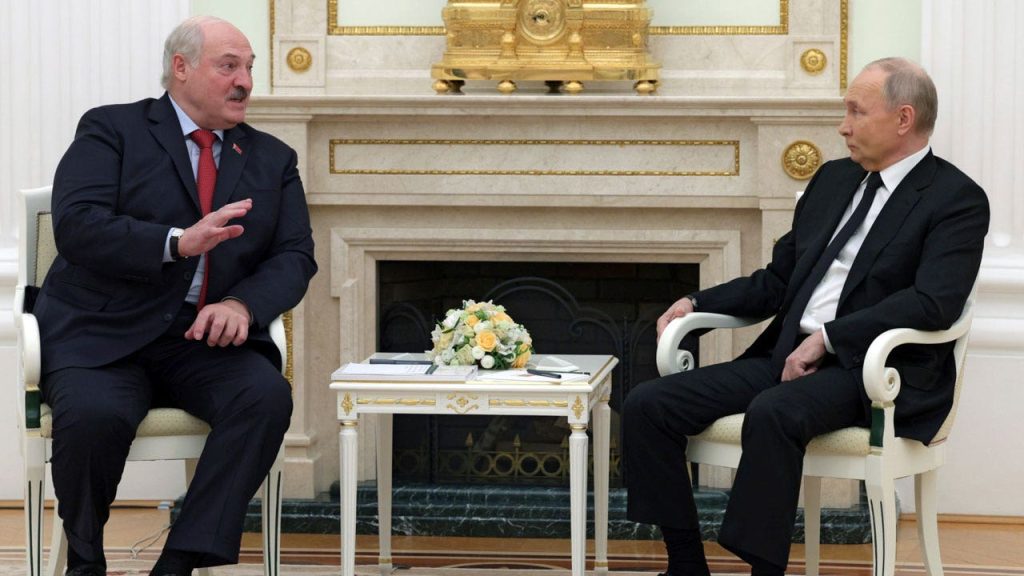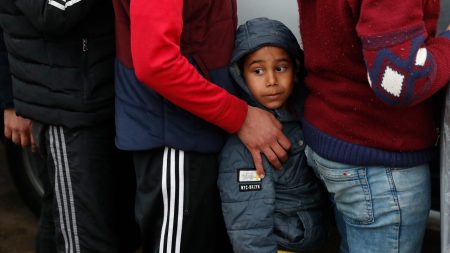The Kremlin suggested on Friday that a 2022 draft Russia-Ukraine agreement could be used as a starting point for potential peace talks to resolve the ongoing conflict that has now entered its third year. Kremlin spokesperson Dmitry Peskov mentioned that the draft document discussed in Istanbul in March 2022 could provide a foundation for negotiations, although any future talks would need to take into account the current “new realities.” Peskov highlighted that changes, including new entities, have been included in Russia’s constitution since the initial draft.
However, in September 2022, Russia annexed four Ukrainian regions, a move that was strongly condemned by Kyiv and its Western allies as unlawful. Peskov’s statement comes after Russian President Vladimir Putin’s remarks on Thursday, where he derided the upcoming peace talks set to be hosted by Switzerland in June. Putin cautioned that Moscow would not accept any enforced peace plans, emphasizing that any negotiations must be grounded in reality. Despite this, Putin acknowledged that the Istanbul draft document could be used as a basis for future negotiations, stating that Russia is prepared for constructive work.
The document from the Istanbul discussions, which occurred shortly after Russia invaded Ukraine in February 2022, reportedly included provisions for Ukraine’s neutral status and limitations on its armed forces. Although no agreement was reached, and the negotiations quickly fell apart, the potential framework outlined in the draft document remains a point of reference for future talks. Russia has rejected Ukrainian President Volodymyr Zelenskyy’s peace proposal, which would involve Moscow withdrawing its troops, providing compensation to Ukraine, and facing an international tribunal for its actions.
Putin has repeatedly stated that Russia’s intervention in Ukraine in 2022 was motivated by a desire to protect Russian interests and prevent Ukraine from becoming a security threat by joining NATO. In contrast, Kyiv and its allies have condemned Russia’s military actions as an unprovoked act of aggression. Putin has asserted that Russian forces have the upper hand following the failure of Ukraine’s counteroffensive, and he has expressed a determination to further advance Moscow’s objectives in Ukraine. He believes that Ukraine and the West will ultimately have to accept a settlement on Moscow’s terms, asserting that this outcome is inevitable.
Overall, while the Kremlin has indicated a willingness to explore the possibility of using the 2022 draft agreement as a starting point for discussions, significant obstacles remain in achieving a lasting peace agreement between Russia and Ukraine. The annexation of Ukrainian territories, Russia’s insistence on protecting its interests, and Ukraine’s rejection of these actions all present substantial challenges to finding a mutually acceptable resolution to the conflict. The upcoming peace talks in Switzerland will likely serve as an important forum for both sides to engage in dialogue and attempt to navigate the complex issues at the heart of the ongoing conflict.















